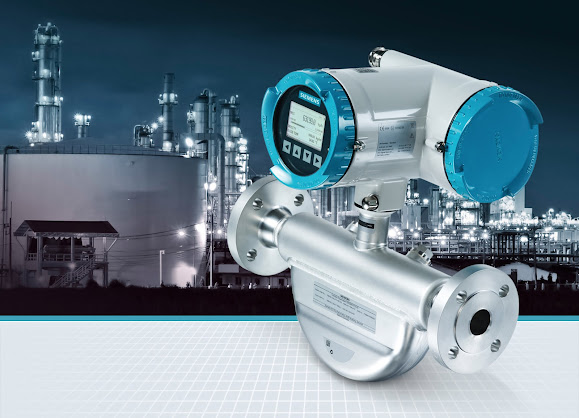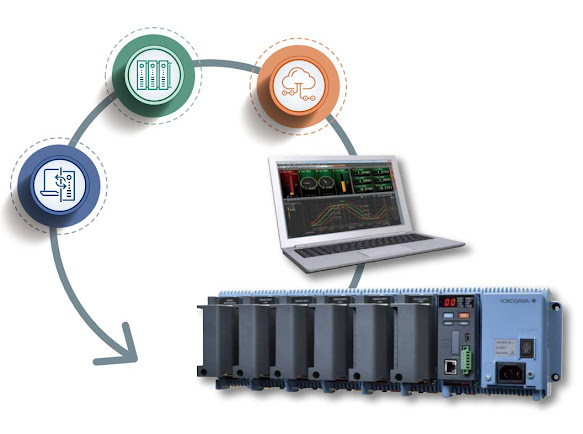Choosing the Right Flow Meter for Enhanced Efficiency: A Buyer's Guide
Are you searching for a reliable, accurate flow meter to optimise your industrial processes? Look no further!
This comprehensive buyer’s guide will walk you through the essential factors to consider when selecting the perfect flow meters from Applied Measurement Australia for your needs.
Whether you're managing fluids, gases, or steam, finding the right flow meter is crucial for enhancing efficiency and maximising productivity.
So, let's explore the world of flow meters!
Understanding Flow Meters: An Introduction
Before we delve into the selection process, let's begin by understanding the fundamentals of flow meters. Flow meters are devices used to measure a substance’s flow rate, whether it's liquid, gas, or steam. They play a vital role in various industries, including manufacturing, oil and gas, water treatment, etc.
Determining Your Application Requirements
The first step in choosing the right flow meter is determining your specific application requirements. Consider factors such as the type of fluid or gas you need to measure, the flow rate range, the temperature and pressure conditions, and any specific industry regulations or standards. Understanding these requirements will help you narrow down the options and select a flow meter that can handle your application's unique demands.
Exploring Different Flow Meter Technologies
Flow meters come in various technologies, each suited for specific applications and operating conditions. Let's explore some of the most common types:
- Differential Pressure Flow Meters: These meters utilise the principle of measuring the pressure difference across a constriction in the flow path. Examples of differential pressure flow meters are orifice plates, Venturi tubes, and flow nozzles.
- Magnetic Flow Meters: Ideal for measuring conductive fluids, magnetic flow meters utilise Faraday's law of electromagnetic induction to measure flow rates.
- Ultrasonic Flow Meters: These meters utilise sound waves to measure the velocity of a fluid flowing through a pipe, making them suitable for a wide range of fluids, including clean water, wastewater, and oils.
- Vortex Flow Meters: Vortex flow meters measure flow by detecting the vortices created when fluid flows past a bluff body. They are highly versatile and can handle a wide range of fluids and gases.
Considerations for Selecting the Right Flow Meter
When choosing a flow meter, several critical factors should be taken into account. These include:
- Accuracy and Precision: Ensure the flow meter offers the required level of accuracy for your application.
- Installation and Maintenance: Consider the ease of installation, calibration, and maintenance requirements of the flow meter.
- Compatibility: Verify that the flow meter is compatible with the measured fluid or gas and can withstand operating conditions.
- Cost-Effectiveness: Assess the initial investment, long-term costs, and potential return on investment provided by the flow meter.
Consulting with Experts and Suppliers
Selecting the right flow meter can be a complex process. It is often beneficial to consult with experts or contact reputable flow meter suppliers. They can provide valuable insights, recommend suitable options based on your requirements, and address technical queries. Don't hesitate to seek guidance to ensure you make an informed decision.
Conclusion
Choosing the right flow meters is crucial for enhancing efficiency and accuracy in your industrial processes. You can make a well-informed decision by understanding your application requirements, exploring different flow meter technologies, considering key factors, and consulting with experts.


Comments
Post a Comment